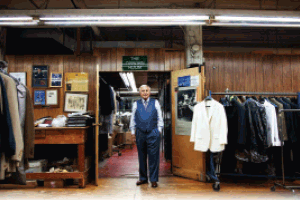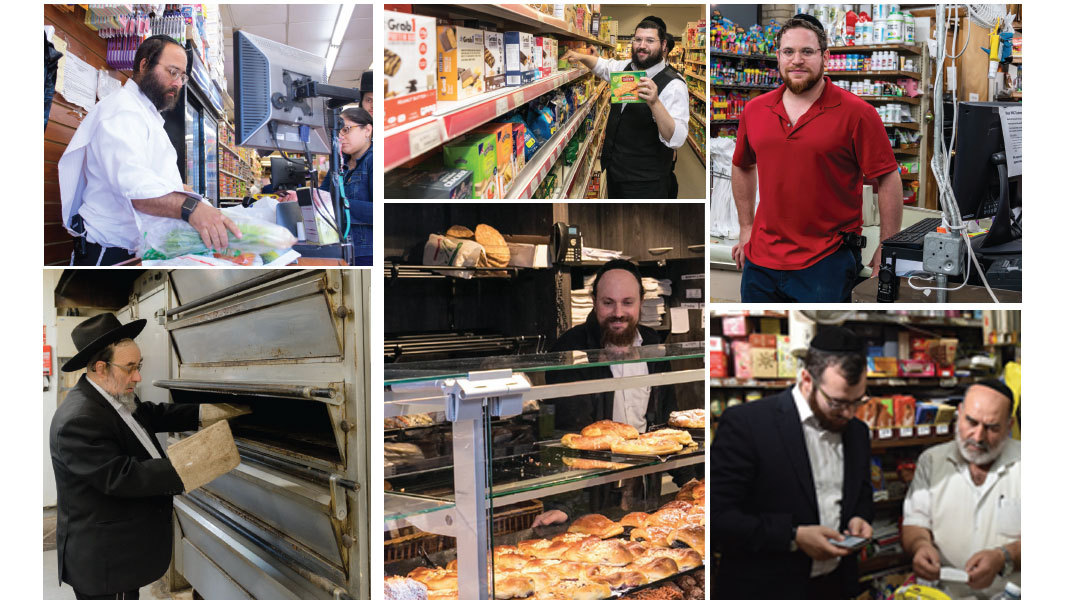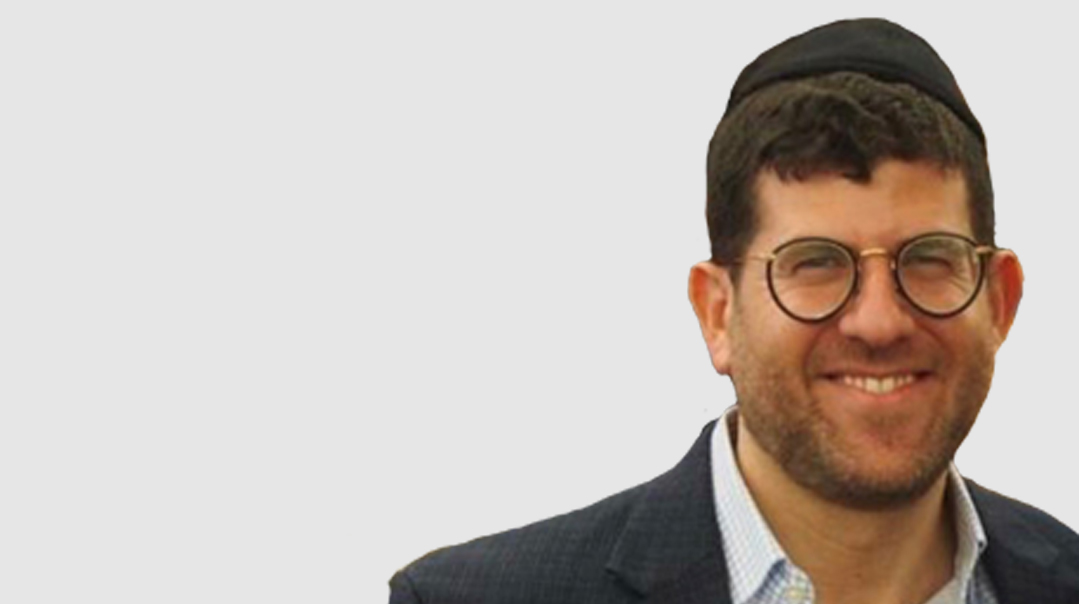Getting into the Kishkes of Your Car

Although “auto mechanic” isn’t usually on the top of the list of professions for frum men, an honest, G-d-fearing mechanic is in fact a blessing

Chazal say that a good name is like good oil. They probably didn’t mean motor oil, though, but in this business, a good reputation is essential. “Being frum makes you stick out, so you need to establish trust and a reputation for integrity” (Photos: Eli Greengart, M.Y. Friedman)
Meet the mechanics
Yaakov Feldstein of Maven Motors in Queens, New York, learned about cars when he was a kid, and believes everyone should know something about their car. “In yeshivah I taught guys how to do their own tune-ups and oil changes. That way they would have a skill for life.”
Jeff Friedman took over McCormick Auto Care in Skokie, Illinois from his father Mory, a Holocaust survivor who learned about car mechanics during Israel’s War of Independence. Although Jeff always loved fixing things, his father wanted him to go to college to acquire a “cleaner” profession. With today’s computerized cars, his techie background is a blessing.
Eli Lazar,of The Mobile Mechanic in Baltimore, worked for many years in maintenance for one of America’s largest used car companies. Once he went out on his own, he decided to keep costs down for customers by going mobile to avoid the overhead of renting a shop. Today Mobile Mechanic fixes most problems from the comfort of the client’s garage.
Clunk, Clink, Clank.
That doesn’t sound good. The “check engine” light suddenly starts flashing, or you hear a strange clanging whenever you accelerate. You try to ignore it, hoping it will go away on its own. You delay. You open up the hood and take a look, as if you know what to look for. You, like most people, dread going to the mechanic, but eventually you realize it’s inevitable. After several hours waiting around, the mechanic finally comes out with a grim look on his face as he wipes the grease from his hands. “It doesn’t look good,” he says as he gives his dire prognosis. What you hoped would be a minor repair, inevitably ends up costing you an unexpected $500.
For many of us, what goes on under the hoods of our cars is about as obscure as quantum physics or rocket science. We have little choice but to accept whatever the mechanic says and fork over the money to replace a part we never even knew existed. Mishpacha spoke to some reputable frum mechanics, to get the under-the-hood scoop on car maintenance, how to avoid getting scammed, and how to stay safe.
Clean Dirt
Auto repair is not a typical Jewish profession, although most frum communities around the US have at least one such mechanic. “There aren’t many frum people in this business,” Yaakov Feldstein of Maven Motors in Queens, NY, admits. Although Jews typically gravitate to the white-collar professions, Feldstein considers what he does clean, honest work. “I guess it’s because we Jews don’t like to get our hands dirty. But the way I see it, dirt that can be washed off is not called dirt. In today’s day and age in the world of business and finance, we know exactly what that means.”
As a young boy growing up in Queens, Feldstein’s father taught him and his siblings how to be handy. “He taught us to use two vital tools: our right and left hands.” As a boy, he and his brother used to fix their bikes themselves. When they got older and started to drive, they couldn’t afford to pay a mechanic to fix their cars, so they learned about the workings under the hood themselves. As a bochur in Chofetz Chaim yeshivah in Queens, he used to fix the cars of fellow bochurim and avreichim during lunch.
“I wouldn’t help people for free if all they wanted was cheap labor. I made sure they did the work with me so that they could learn how to maintain their car themselves. I taught guys how to do their own tune-ups and oil changes. That way they would have a skill for life.”
(Excerpted from Mishpacha, Issue 692)
Oops! We could not locate your form.













